The Shadowy Grip of Secret Societies in American Politics
Secret societies like Freemasonry, Skull and Bones, the Royal Order of Jesters, and the Order of the Eastern Star have woven a clandestine tapestry across American political history, their influence cloaked in rituals, oaths, and symbols that few outside their ranks fully comprehend. Freemasonry, with its origins in medieval guilds, binds members through secretive ceremonies in lodges where loyalty and mutual aid are paramount, fostering networks that critics argue rival the power of elected institutions. The Scottish Rite, a prominent Masonic branch, emphasizes philosophical and moral teachings, often attracting influential figures. The Order of the Eastern Star, a Masonic appendant body open to women and men, extends fraternal networks to families of Masons. Skull and Bones, Yale's elite fraternity, cultivates a select cadre of power brokers, its members sworn to secrecy in the infamous "Tomb," shaping policy from Wall Street to Washington. The Royal Order of Jesters, a lesser-known Masonic offshoot, blends revelry with influence, its exclusive gatherings rumored to secure favors among the powerful.
These groups thrive on their opacity, with members pledging allegiance to codes that prioritize fraternal bonds over public accountability. This secrecy fuels speculation of a shadow government, where handshakes and whispered vows dictate appointments, legislation, and even global strategies. From the Capitol’s Masonic cornerstone to Skull and Bones’ grip on intelligence and finance, these societies allegedly orchestrate power moves behind closed doors, their members ascending to key roles in Congress, the judiciary, and beyond. As of 2025, declassified files and insider accounts hint at their role in everything from economic policy to foreign interventions, raising questions about democratic sovereignty. Are these merely clubs of camaraderie, or do they hold the strings of American governance? This page uncovers the politicians tied to these orders, organized chronologically, exposing their potential control over the nation’s destiny.
1800s
Politicians active primarily in the 19th century, laying the foundations of secret society influence in early American governance.

John C. Calhounhttps://en.wikipedia.org/wiki/John_C._Calhoun (Vice President, 1825–1832)
Skull and Bones. Calhoun’s staunch defense of states’ rights and slavery reflected the elite networks of his secretive Yale society.

Daniel Websterhttps://en.wikipedia.org/wiki/Daniel_Webster (Senator, 1827–1841, 1845–1850)
Freemason (Scottish Rite). Webster’s oratory and compromise efforts in the Senate bore the mark of Masonic ideals of order and unity.

Henry Clayhttps://en.wikipedia.org/wiki/Henry_Clay (Senator, 1806–1807, 1810–1811, 1831–1842, 1849–1852)
Freemason (Scottish Rite). Clay’s “American System” and compromise politics echoed Masonic visions of structured progress.

Sam Houstonhttps://en.wikipedia.org/wiki/Samuel_Houston (Governor & Senator, 1820s–1850s)
Freemason (Scottish Rite). Houston’s Texas independence efforts carried Masonic revolutionary ideals.

Stephen F. Austinhttps://en.wikipedia.org/wiki/Stephen_F._Austin (Statesman, 1820s–1830s)
Freemason (Scottish Rite). Austin’s Texas colonization bore Masonic organizational principles.

William R. Kinghttps://en.wikipedia.org/wiki/William_R._King (Vice President, 1853)
Freemason (Scottish Rite). King’s brief tenure reflected Southern Masonic influence.

Richard Mentor Johnsonhttps://en.wikipedia.org/wiki/Richard_Mentor_Johnson (Vice President, 1837–1841)
Freemason (Scottish Rite). Johnson’s controversial tenure tied to fraternal support.

William A. Wheelerhttps://en.wikipedia.org/wiki/William_A._Wheeler (Vice President, 1877–1881)
Freemason (Scottish Rite). Wheeler’s quiet tenure masked fraternal connections.

Anthony Higginshttps://en.wikipedia.org/wiki/Anthony_Higgins_(politician) (Senator, 1889–1895)
A U.S. Senator from Delaware.
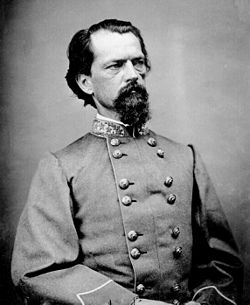
John Brown Gordonhttps://en.wikipedia.org/wiki/John_B._Gordon (Senator, 1873–1880, 1891–1897)
A U.S. Senator from Georgia who was also a founder of the KKK in his home state.

Edmund Pettushttps://en.wikipedia.org/wiki/Edmund_Pettus (Senator, 1897–1907)
U.S. Senator from Alabama and a Grand Dragon of the KKK.

John Tyler Morganhttps://en.wikipedia.org/wiki/John_T._Morgan (Senator, 1877–1907)
U.S. Senator from Alabama who was also a Grand Dragon of the KKK.
1900s
Politicians active primarily in the 20th century, expanding secret society reach during wars and economic upheavals.

Alben W. Barkleyhttps://en.wikipedia.org/wiki/Alben_W._Barkley (Vice President, 1949–1953)
Freemason (Scottish Rite). Barkley’s support for Truman’s policies hints at Masonic alignment in post-war governance.

William Borahhttps://en.wikipedia.org/wiki/William_Borah (Senator, 1907–1940)
Freemason (Scottish Rite). Borah’s isolationist stance may reflect Masonic caution against global entanglements.

William Howard Tafthttps://en.wikipedia.org/wiki/William_Howard_Taft (Chief Justice, 1921–1930)
Skull and Bones. Taft’s judicial legacy reinforced elite control over legal precedents.
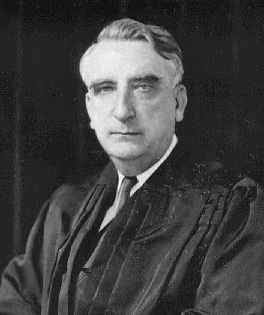
Fred M. Vinsonhttps://en.wikipedia.org/wiki/Fred_M._Vinson (Chief Justice, 1946–1953)
Freemason (Scottish Rite). Vinson’s Cold War-era decisions reflect Masonic strategic priorities.
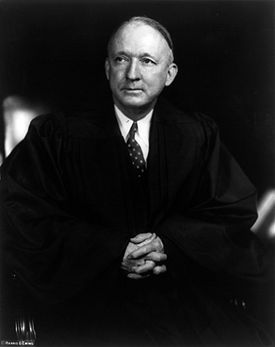
Hugo Blackhttps://en.wikipedia.org/wiki/Hugo_Black (Supreme Court Justice, 1937–1971)
Freemason (Scottish Rite and KKK member). Black’s civil rights rulings may mask fraternal agendas in judicial reform.

William O. Douglashttps://en.wikipedia.org/wiki/William_O._Douglas (Supreme Court Justice, 1939–1975)
Freemason (Scottish Rite). Douglas’s environmental advocacy hints at Masonic ideals of stewardship.
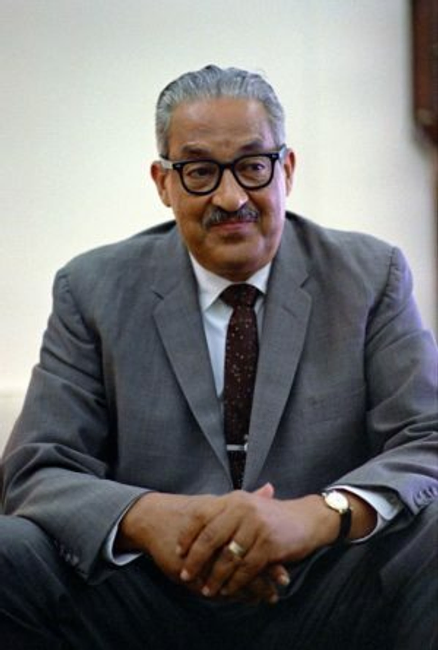
Thurgood Marshallhttps://en.wikipedia.org/wiki/Thurgood_Marshall (Supreme Court Justice, 1967–1991)
Freemason (Scottish Rite). Marshall’s landmark desegregation rulings aligned with fraternal equality rhetoric.
Jesse Jacksonhttps://en.wikipedia.org/wiki/Jesse_Jackson (Civil Rights Leader)
Freemason (Scottish Rite). Jackson’s activism may reflect Masonic networks in civil rights movements.
J. Edgar Hooverhttps://en.wikipedia.org/wiki/J._Edgar_Hoover (FBI Director, 1924–1972)
Freemason (Scottish Rite). Hoover’s surveillance empire suggests Masonic control over national security.
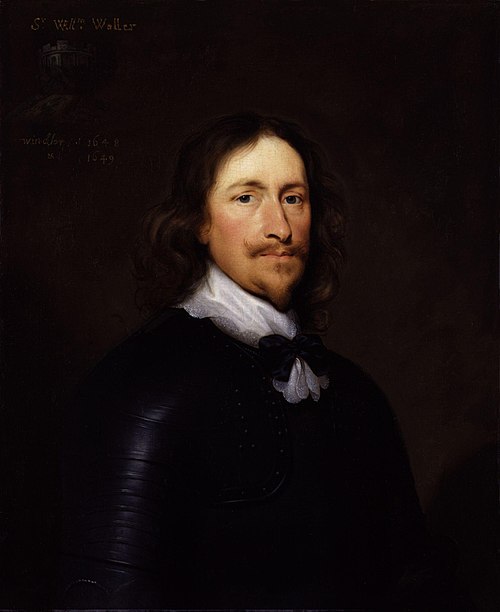
William Wallerhttps://en.wikipedia.org/wiki/William_Waller (Governor, 1972–1976)
Freemason (Scottish Rite). Waller’s Southern governance aligned with fraternal traditions.

Arthur H. Vandenberghttps://en.wikipedia.org/wiki/Arthur_H._Vandenberg (Senator, 1928–1951)
Freemason (Scottish Rite). Vandenberg’s shift to internationalism suggests Masonic globalist ties.

Strom Thurmondhttps://en.wikipedia.org/wiki/Strom_Thurmond (Senator, 1954–2003)
Freemason (Scottish Rite). Thurmond’s segregationist stance tied to Southern Masonic networks.

Robert Byrdhttps://en.wikipedia.org/wiki/Robert_Byrd (Senator, 1959–2010)
Freemason (Scottish Rite). Byrd’s long Senate tenure suggests fraternal longevity in power.

George Wallacehttps://en.wikipedia.org/wiki/George_Wallace (Governor, 1963–1967, 1971–1979, 1983–1987)
Freemason (Scottish Rite). Wallace’s populist rhetoric echoed Masonic regional influence.
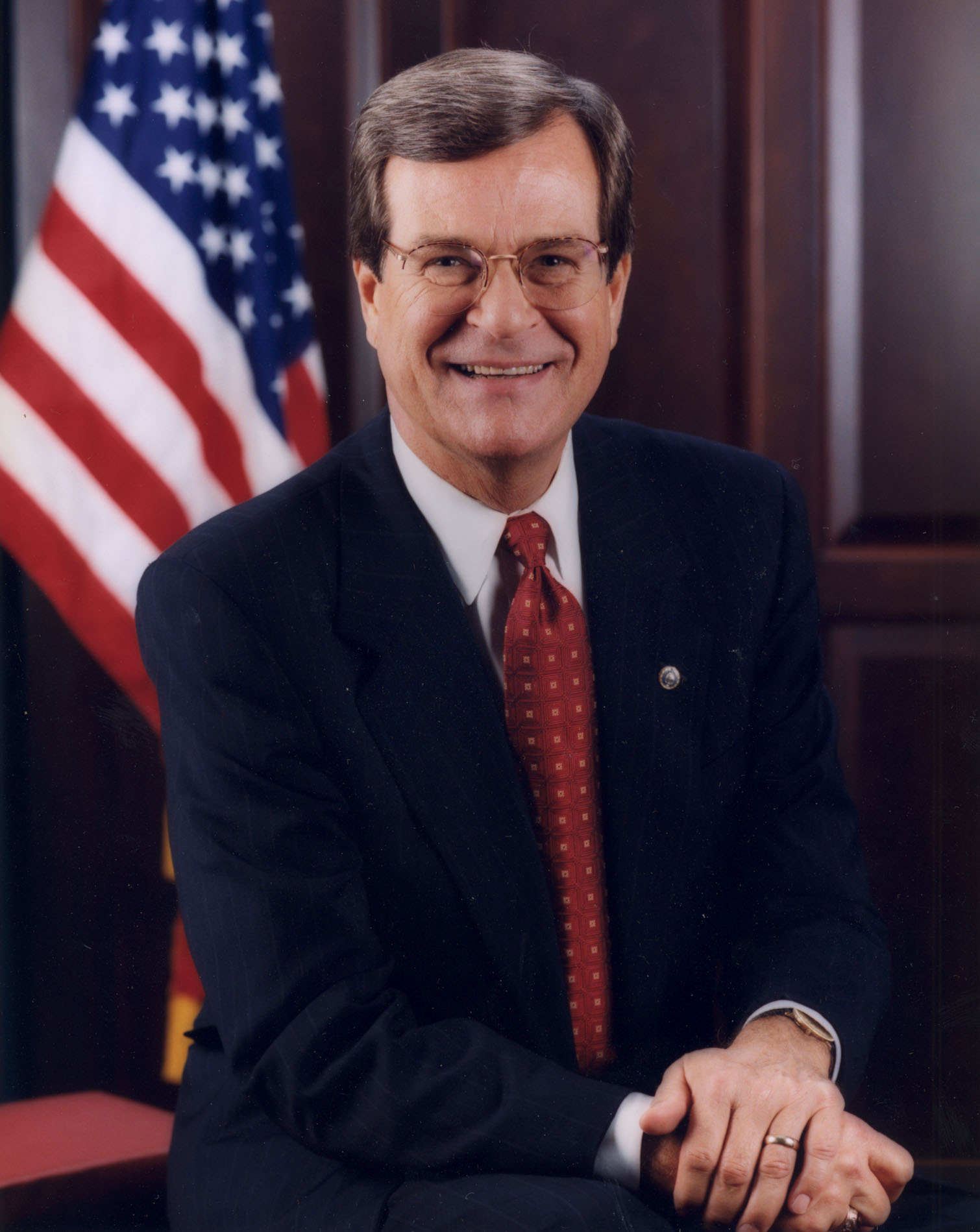
Trent Lotthttps://en.wikipedia.org/wiki/Trent_Lott (Senator, 1989–2007)
Freemason (Scottish Rite). Lott’s leadership in Congress reflects fraternal political networks.

Orrin Hatchhttps://en.wikipedia.org/wiki/Orrin_Hatch (Senator, 1977–2019)
Freemason (LDS and Mason). Hatch’s legislative longevity suggests Masonic backing.

Thomas R. Marshallhttps://en.wikipedia.org/wiki/Thomas_R._Marshall (Vice President, 1913–1921)
Freemason (Scottish Rite). Marshall’s loyalty to Wilson suggests fraternal alignment.
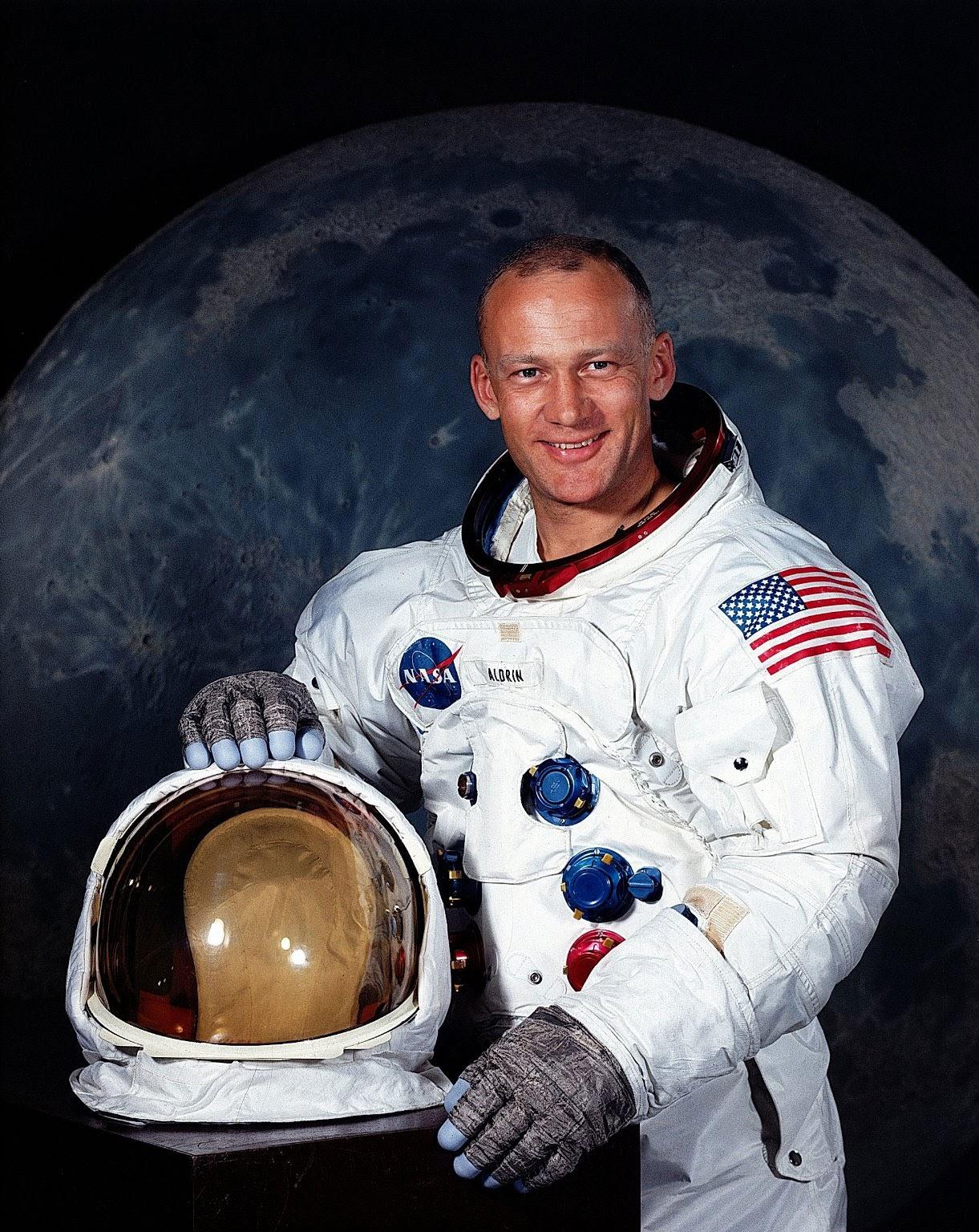
Buzz Aldrinhttps://www.freemason.com/buzz-aldrin-celebrates-92nd-birthday (Astronaut, 1951–1972)
Freemason (Scottish Rite). Aldrin is recognized publically as a member of masonry.

Henry A. Wallacehttps://en.wikipedia.org/wiki/Henry_A._Wallace (Vice President, 1941–1945)
Freemason (Scottish Rite). Wallace’s progressive policies reflect Masonic ideals of reform.
Earl Warrenhttps://en.wikipedia.org/wiki/Earl_Warren (Chief Justice, 1953–1969)
Freemason (Scottish Rite). Warren’s landmark civil rights and liberties rulings reflect Masonic ideals of justice and equality.

Robert A. Tafthttps://en.wikipedia.org/wiki/Robert_A._Taft (Senator, 1939–1953)
Skull and Bones. Taft’s conservative leadership in the Senate suggests Bonesmen’s influence in mid-century politics.
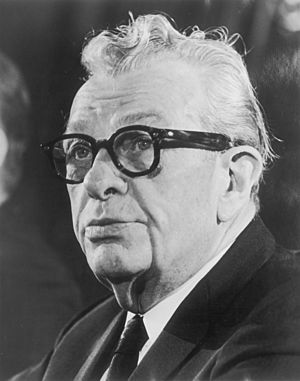
Everett Dirksenhttps://en.wikipedia.org/wiki/Everett_Dirksen (Senator, 1951–1969)
Freemason (Scottish Rite). Dirksen’s role in civil rights legislation reflects Masonic networks in bipartisan efforts.

Laura Bushhttps://en.wikipedia.org/wiki/Laura_Bush (First Lady, 2001–2009)
Order of the Eastern Star, Kappa Alpha Theta. Bush’s literacy and education initiatives may reflect Star’s community-oriented values.

Harry S. Trumanhttps://en.wikipedia.org/wiki/Harry_S._Truman (Senator, 1935–1945)
A U.S. Senator for Missouri before becoming president, Truman was a highly dedicated Mason and served as Grand Master of the Grand Lodge of Missouri from 1940 to 1941.

Prescott Bushhttps://en.wikipedia.org/wiki/Prescott_Bush (Senator, 1952–1963)
U.S. Senator from Connecticut and a member of the Freemasons, in addition to being in Skull and Bones.

George Peabody Wetmorehttps://en.wikipedia.org/wiki/George_P._Wetmore (Senator, 1895–1913)
A U.S. Senator and Governor of Rhode Island.

LeBaron Bradford Colthttps://en.wikipedia.org/wiki/LeBaron_B._Colt (Senator, 1883–1913)
A U.S. Senator from Rhode Island.

James Wolcott Wadsworth Jr.https://en.wikipedia.org/wiki/James_W._Wadsworth_Jr. (Senator, 1915–1927)
A U.S. Senator from New York. Skull and Bones. Wadsworth’s conservative policies reflected elite networks of his secretive Yale society.
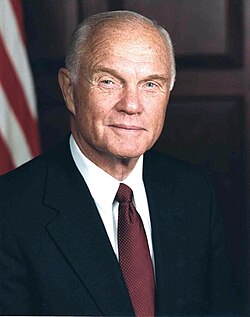
John Glennhttps://en.wikipedia.org/wiki/John_Glenn (Senator, 1974–1999)
An astronaut and long-serving U.S. Senator from Ohio who became a 33rd Degree Scottish Rite Mason.
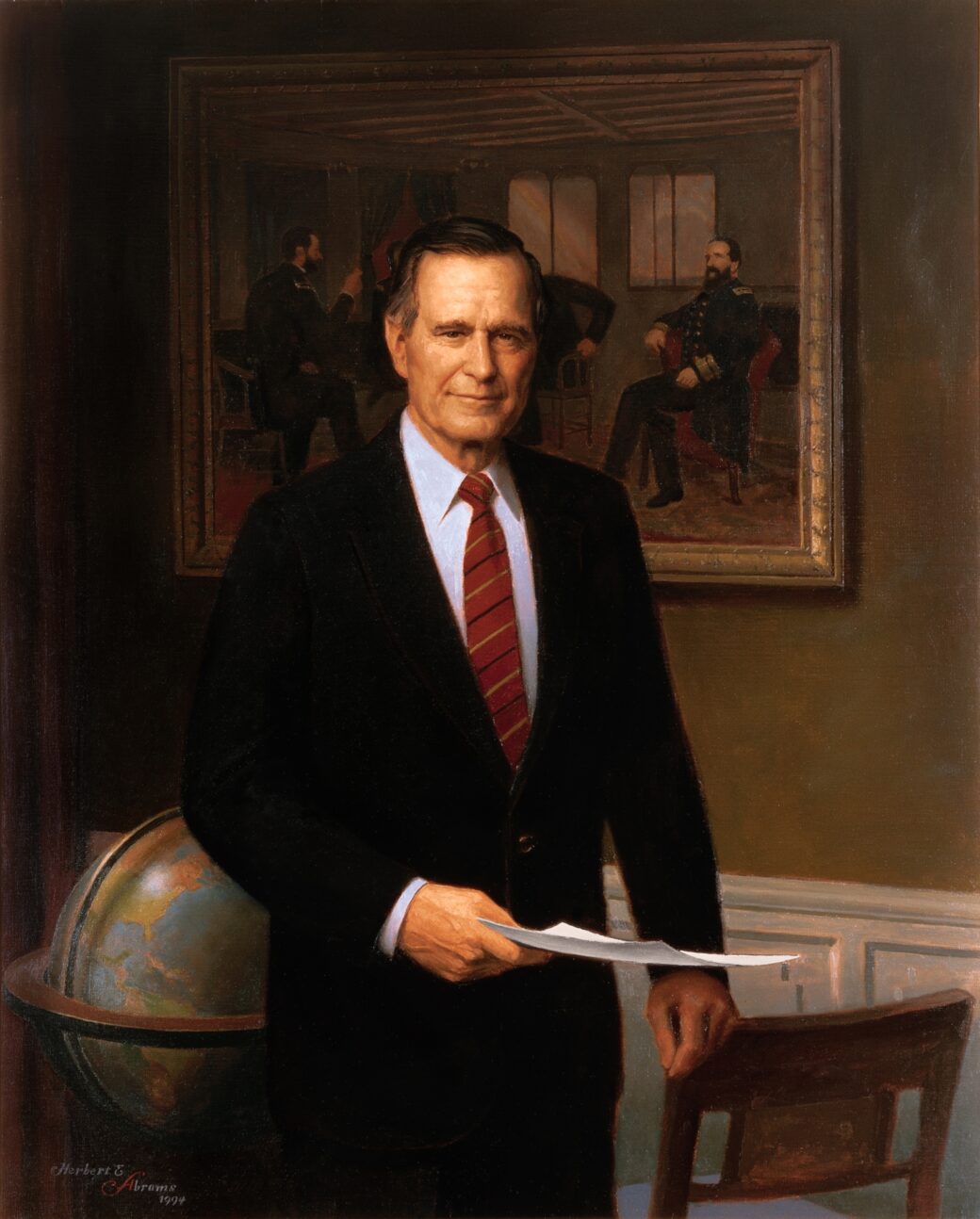
George H. W. Bushhttps://en.wikipedia.org/wiki/George_H._W._Bush (Representative, 1967–1971)
Initiated into Skull and Bones while a student at Yale in 1948 before becoming a U.S. Representative, Director of Central Intelligence, Vice President, and President.
2000s
Politicians active into the early 21st century, navigating post-9/11 politics and economic crises, with ties to Masonic organizations.

John McCainhttps://en.wikipedia.org/wiki/John_McCain (Senator, 1987–2018)
Royal Order of Jesters. McCain’s hawkish policies may tie to Jesters’ elite networks.

Charles Grassleyhttps://en.wikipedia.org/wiki/Bob_Corker (Senator, 1980-1981)
As of 2023, Grassley was a 50-year member of Black Hawk Lodge No. 65 in Iowa. This means he was an active Mason throughout the 2000s.

Bill Nelsonhttps://en.wikipedia.org/wiki/Bill_Nelson (Senator, 2001–2019)
Freemason (Book and Snake society). Nelson’s advocacy for space exploration and veterans’ issues aligns with Masonic community networks.

Nancy Pelosihttps://en.wikipedia.org/wiki/Nancy_Pelosi (Speaker of the House, 2007–2011, 2019–2023)
Order of the Eastern Star. Pelosi’s leadership in progressive legislation may reflect Star’s community-oriented values.
2010s
Modern figures influencing contemporary policy amid digital age scrutiny, with ties to Masonic organizations.

John Kerryhttps://en.wikipedia.org/wiki/John_Kerry (Secretary of State, 2013–2017)
Skull and Bones. Kerry’s diplomatic maneuvers, including the Iran deal, suggest Bonesmen’s global influence.

Trent Lotthttps://alchetron.com/Trent-Lott (Congressman, 2003–2021)
The former Senator and Senate Majority Leader is listed by multiple sources as a Freemason. He served in the Senate until 2007.

Chuck Grassleyhttps://en.wikipedia.org/wiki/Chuck_Grassley (Senator, 1981–present)
Freemason (Scottish Rite). Grassley’s long tenure and judiciary oversight reflect Masonic influence in legislative stability.
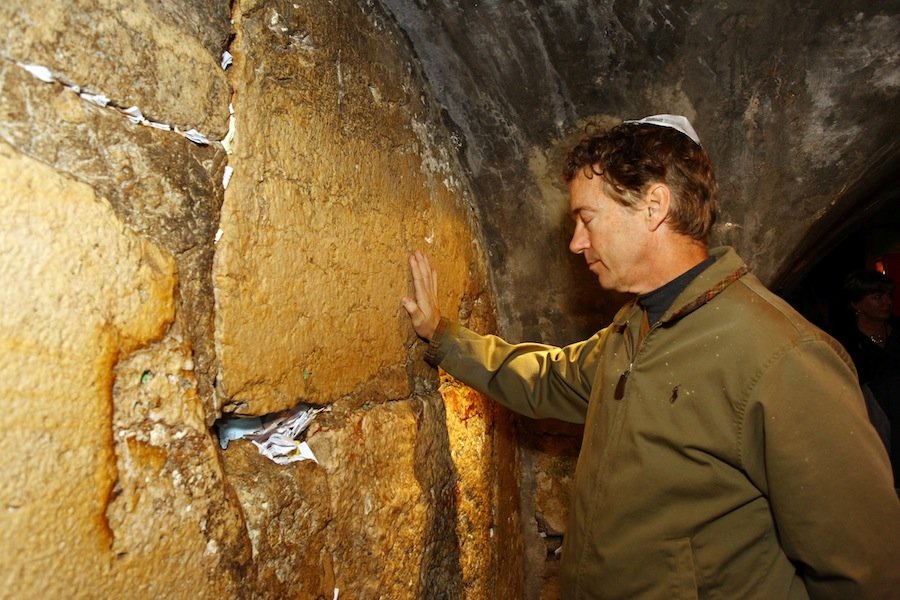
Rand Paulhttps://en.wikipedia.org/wiki/Rand_Paul (Senator, 2011–present)
Freemason (Scottish Rite). Paul’s libertarian policies may draw from Masonic ideals of individual liberty and limited government. Familial link such as mother to OES or Demolay to Masonic youth groups.

Ted Cruzhttps://en.wikipedia.org/wiki/Ted_Cruz (Senator, 2013–present)
Freemason (Scottish Rite). Cruz’s conservative activism and constitutional focus align with Masonic networks in Texas. Online discussions over club memberships withinn the American Whig-Cliosophic Society, and the colonial club. His hand gestures and choice of jewlery in public sparks conspiracy to allude to his position as a hidden mason.
2020s
Ongoing influences in the current decade, with legacy figures still shaping discourse. Limited new affiliations documented due to increased secrecy.
No new prominent affiliations confirmed yet, but legacies from prior eras persist.
Sources
The following sources provide detailed information on the affiliations of U.S. politicians with Freemasonry, Skull and Bones, Royal Order of Jesters, and the Order of the Eastern Star, drawing from historical records and analyses. Note that some modern affiliations are based on documented regional lodge activity or alleged connections due to the secretive nature of these organizations.
- John C. Calhoun: Wikipedia
- Daniel Webster: Wikipedia
- Henry Clay: Wikipedia
- William H. Seward: Wikipedia
- Sam Houston: Wikipedia
- Stephen F. Austin: Wikipedia
- Volney E. Howard: Wikipedia
- William R. King: Wikipedia
- Richard Mentor Johnson: Wikipedia
- John Tyler: Wikipedia
- William A. Wheeler: Wikipedia
- Alben W. Barkley: Wikipedia
- William Borah: Wikipedia
- William Howard Taft: Wikipedia
- Harlan Fiske Stone: Wikipedia
- Fred M. Vinson: Wikipedia
- Hugo Black: Wikipedia
- William O. Douglas: Wikipedia
- Thurgood Marshall: Wikipedia
- Jesse Jackson: Wikipedia
- J. Edgar Hoover: Wikipedia
- William Waller: Wikipedia
- Arthur H. Vandenberg: Wikipedia
- Strom Thurmond: Wikipedia
- Robert Byrd: Wikipedia
- George Wallace: Wikipedia
- Trent Lott: Wikipedia
- Orrin Hatch: Wikipedia
- Thomas R. Marshall: Wikipedia
- Charles G. Dawes: Wikipedia
- Charles Curtis: Wikipedia
- John Nance Garner: Wikipedia
- Henry A. Wallace: Wikipedia
- Earl Warren: Wikipedia
- Robert A. Taft: Wikipedia
- Everett Dirksen: Wikipedia
- Laura Bush: Wikipedia
- John McCain: Wikipedia
- John Boehner: Wikipedia
- John Cornyn: Wikipedia
- Lamar Alexander: Wikipedia
- Bob Corker: Wikipedia
- Bill Nelson: Wikipedia
- Nancy Pelosi: Wikipedia
- John Kerry: Wikipedia
- Steve King: Wikipedia
- Chuck Grassley: Wikipedia
- Rand Paul: Wikipedia
- Ted Cruz: Wikipedia
- Marco Rubio: Wikipedia
- Kirsten Gillibrand: Wikipedia
- John Glenn: Wikipedia
- Harry S. Truman: Wikipedia
- Prescott Bush: Wikipedia
- George H. W. Bush: Wikipedia
- Anthony Higgins: Wikipedia
- George Peabody Wetmore: Wikipedia
- LeBaron Bradford Colt: Wikipedia
- James Wolcott Wadsworth Jr.: Wikipedia
- John Brown Gordon: Wikipedia
- Edmund Pettus: Wikipedia
- John Tyler Morgan: Wikipedia
- Prior Page: US Freemason Presidents